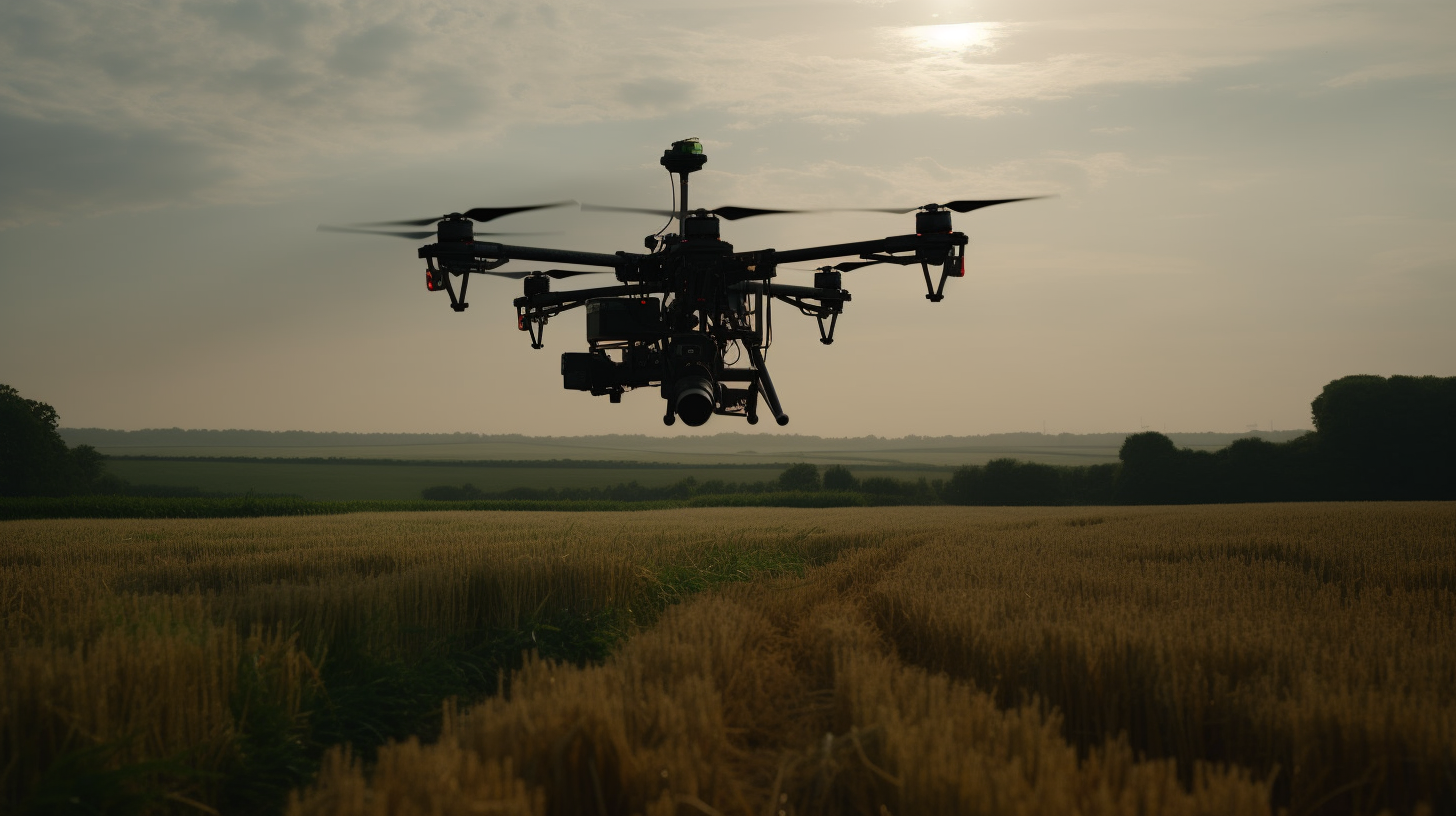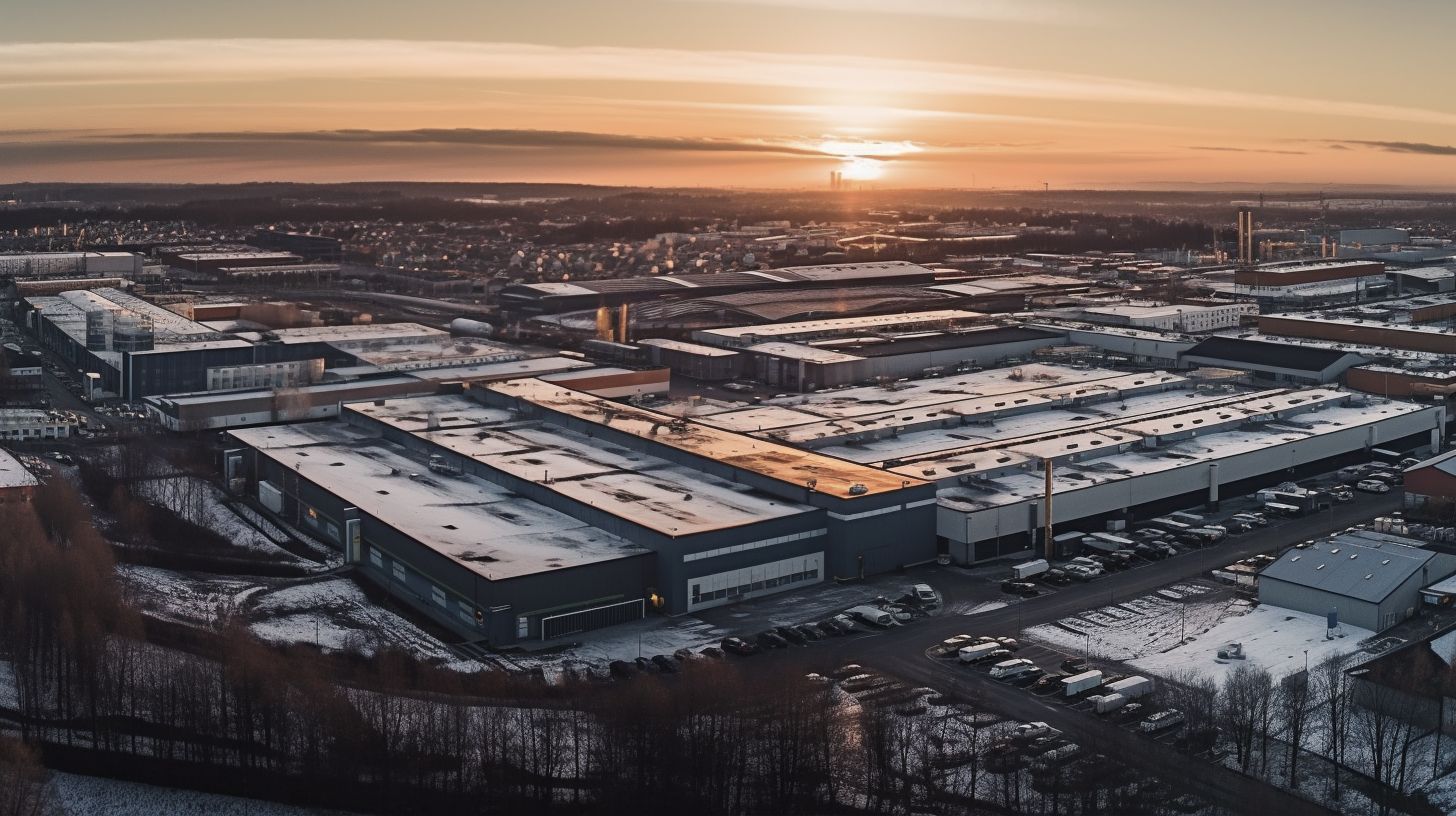The Role of Technology and M&A in the Agricultural Sector
Rural Exodus and Rural Revitalisation

In a world where digital connectivity and urban allure are redefining global agriculture, rural communities around the globe face an extraordinary challenge: rural exodus. Mass migration from the countryside to cities is not only reshaping physical and cultural landscapes but also influencing the bedrock of our economic and social systems. This article addresses this profound change, unveils the complex dynamics associated with the migration dynamic and illustrates the consequences of rural exodus. By examining the intricate interplay between economic, social, and technological forces, as well as the role of technology and M&A in the agricultural sector, we aim to provide a comprehensive understanding of the challenges and opportunities facing rural and urban stakeholders.
Understanding the Dynamics of Rural Exodus
The allure of city metropolises and the promise of improved living conditions have long been recognised as key drivers of rural migration. Positive economic prospects, access to education, healthcare, and individual lifestyle opportunities are potent forces prompting people to aspire to city life. But what does this mean for the rural communities they leave behind?
As more and more people move to cities, rural areas suffer population decline, economic stagnation, and cultural decay. The depopulation of rural communities leads to the decline of traditionally shaped sectors such as agriculture and small-scale production. Moreover, the exodus of educated young people can result in a "brain drain", further exacerbating the economic challenges these communities face. As American author and farmer Wendell Berry once said, "A community is the mental and spiritual condition of knowing that the place is shared and that the people who share the place define and limit each other's possibilities of life." This profound observation underscores the interconnectedness of rural life and the importance of community ties, which are fundamentally threatened by rural exodus.
Rural exodus is not a regionally limited problem, but a global phenomenon. From the American Midwest states to the European mainland and the African savannah, the patterns and impacts of rural migration vary dramatically. Acknowledging the interconnected nature of these experiences enables a deeper understanding crucial for developing tailored solutions. Solutions that promote a more comprehensive response to this global problem and address the unique challenges rural communities face worldwide.
The Role of Technology and M&A in the Agricultural Sector
As the global population continues to grow unabated, so does the demand for food, putting pressure on the agricultural sector to become more efficient and productive. In response, a broad range of technological advancements such as automation, precision farming, and innovations in agricultural technology (AgTech) have been introduced, revolutionising this industry in previously unimaginable ways. But what role do these advancements play in rural exodus?
Mergers and acquisitions (M&A) in the agricultural sector can contribute to market consolidation, increased efficiency, and potential job losses. While such transactions can potentially achieve scale effects and drive innovation, they can equally displace job infrastructures, thus significantly contributing to rural exodus. The challenge lies in finding a balance between progress and preservation. Can M&A activity boost rural economies while maintaining cultural and environmental values?
The answer lies in a nuanced approach that recognises the potential of M&A to promote rural growth while acknowledging the need for responsible and sustainable development. This means assessing the long-term impacts of M&A activities on rural regional communities, their economies, and the environment. By implementing an integrative strategy that considers the social and ecological impacts of M&A and includes local stakeholders in the decision-making process, it's possible to stimulate growth in rural economies while preserving these communities' unique cultural milieu. Such an approach ensures that the benefits of M&A extend beyond short-term profit orientation and contribute to the overall stabilisation of the social environment and resilience of rural regions in the face of ongoing challenges.

Strategies for Tackling Rural Exodus and Revitalising Rural Economies
Governments play a pivotal role in shaping the development of rural communities through targeted policy interventions. Investments in infrastructure, incentives for businesses, and collaborations between rural and urban areas can significantly contribute to the revitalisation of rural regions. By directly addressing the gaps in services and amenities that often prompt individuals in rural areas to migrate to cities, policymakers can develop strategies to improve living conditions in non-urban regions. Moreover, the development and implementation of policy measures that prioritise rural connectivity, education, and healthcare can enhance the overall quality of life for rural residents and make these communities more appealing for a variety of societal cohorts and businesses. By actively engaging in a comprehensive approach that takes into account the diverse needs and aspirations of the rural population, governments can foster vital and thriving elements of rural economies, thereby contributing to a more inclusive and equitable society.
Promoting entrepreneurship and innovation in rural areas is another key strategy for combating rural exodus. Through the support of start-ups, promotion of locally-based talent, and nurturing of regional networks, rural communities can create new economic opportunities that encourage individuals to stay or even return to their rural roots. Not only does this approach contribute to economic growth, but it also instils a sense of pride and self-reliance within rural communities.
There are numerous examples of successful rural revitalisation initiatives that have employed M&A and technology concepts to deliberately counteract rural exodus. One such example is the city of Wilson in Arkansas, which transformed from a declining agricultural community into a thriving, diversely dynamic economic space through strategic investments in education, healthcare, and AgTech. By fostering collaborations between locally-based businesses, academic institutions, and government agencies, Wilson has become a model for other rural communities striving to reinvent themselves in the face of changing global dynamics.
Another example is the "Smart Village" movement in India, which focuses on rural area development through the implementation of technology concepts, entrepreneurship, and skill development. Initiatives like digital connectivity, telemedicine, and online education close the gap to urban areas for proactive rural communities and create new opportunities for growth and development. The success of these projects illustrates the power of community efforts in revitalising rural spaces.
To successfully address the impacts of the rural exodus phenomenon and improve the quality of life in rural areas, a willingness to cooperate among all relevant parties is a major factor; this includes governments, other major political interest groups/parties, businesses, educational institutions, and local communities. Together, we can contribute to the sustainable dynamism of rural areas through innovation while preserving the cultural and ecological values that are vitally important for these communities.
Rural exodus is a complex and multifaceted phenomenon that requires a coordinated and innovative response. Through a deeper understanding of the main causes of migration, recognising the role of technology and M&A in the agricultural sector, and implementing targeted strategies to address the effects of rural exodus, it is possible to create a more balanced and integration-focused future for rural and urban communities. The challenge is great, but the potential rewards are even greater. In the words of the Greek philosopher Plutarch, "What we achieve inwardly will change outer reality." It's up to us to seize this moment and proactively shape the course of our shared destiny positively.


